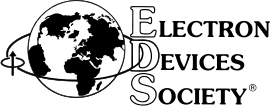- Home
- About EDS
- Governance
- Standing Committees
- Educational Activities Committees
Educational Activities Committees
Education Committee Chair
Mansun J. Chan - Fellow
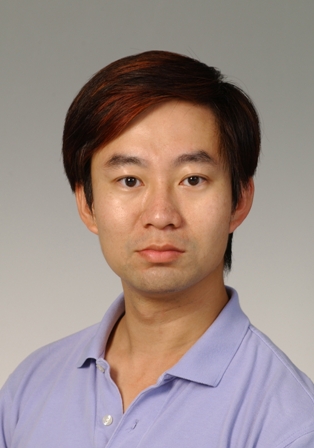
Lecture Topics:
- Nano-device physics and technology
- Device modelling and circuit simulation
- Interconnect Technology
- Non-volatile memory technology
- Bio-sensors and circuits
Biography: Mansun Chan (S’92-M’95-SM’01-F’13) received Ph.D. degrees from the UC, Berkeley in 1995. He is one of the major contributors to the unified BSIM model for SPICE, which has been accepted by most US companies and the Compact Model Council (CMC) as the first industrial standard MOSFET model. In January 1996, he has joined the EEE faculty at Hong Kong University of Science and Technology. After that, he developed a SOI MOSFET model, which has been adopted by UC Berkeley as the core of the BSIMSOI model. Between July 2001 and December 2002, he was a Visiting Professor at University of California at Berkeley and the Co-director of the BSIM program. In this capacity, he has successfully completed the technology transfer of BSIM3SOI to be the first industrial standard SOI MOSFET model. In addition to device modeling, Prof. Chan’s current research interests also include nano-transistor fabrication technology, carbon-based device physics, printable transistors, 3D integrated circuits, bio-sensors and cloud computing based simulation platform. He is current working on an interactive modeling and online simulation (i-MOS) platform to facilitate the interactions between model developers and circuit designers using the Internet technology.
Prof. Chan is a recipient of the UC Regents Fellowship, Golden Keys Scholarship for Academic Excellence, SRC Inventor Recognition Award, Rockwell Research Fellowship, R&D 100 award (for the BSIM3v3 project), Teaching Excellence Appreciation award, Distinguished Teaching Award and the Shenzhen City Technology Innovation Award by the Chinese Government. He is a Fellow and Distinguished Lecturer of IEEE.
Education Committee Members
Mainul Hossain
Muhammad Mustafa Hussain
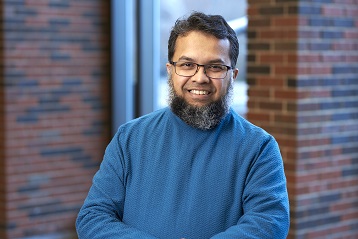
Muhammad Mustafa Hussain (Professor, ECE, Purdue University) pioneered vFabLab for equitable access to semiconductor training. His initiatives, including Chips Changing the World, STARS, VICTORS, Berkeley Engineering Innovates, Winter Camp on Microelectronics Gadget, IEEE EDS Workshop on Sustainable Electronics, Podcast with EDS Luminaries, Nano-scholarship, Semiconductor Fabrication 101, etc. have aided over 30,000 learners. His research spanning UC Berkeley, KAUST, SEMATECH and Texas Instruments focuses on futuristic electronics. With 22 supervised PhD graduates, 425+ research papers, and patents, he is a Fellow of IEEE, APS, and IoP. Awarded the CES 2020 Best Innovation Award, his research is frequently celebrated in global media.
Lecture Topics:
- MOS Devices and Technology
Ahmad E Islam - Compound semiconductor Devices, Solid State Power and High Voltage Devices
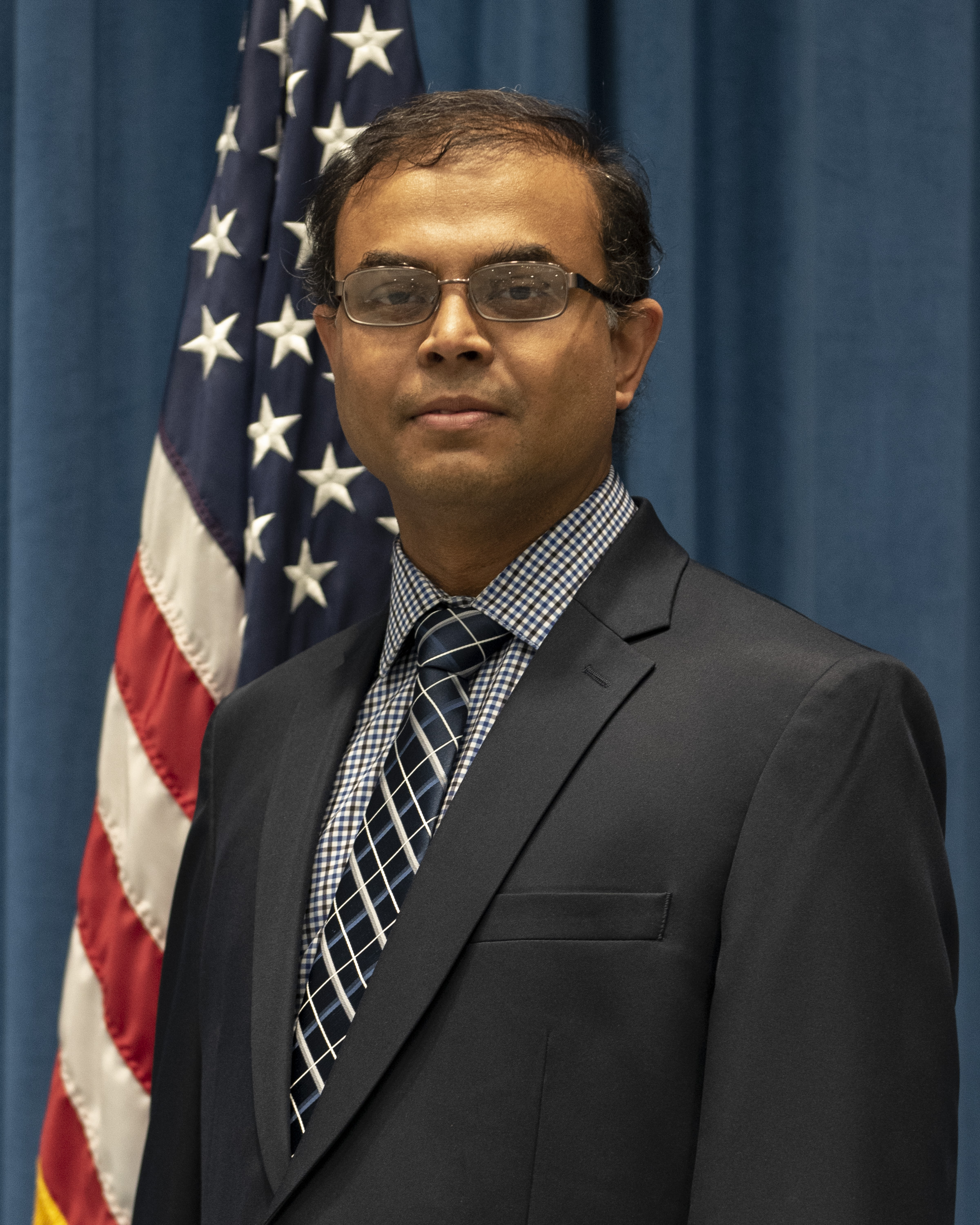
Sensors Directorate, USA
Dr. Ahmad Ehteshamul Islam is a Senior Electronics Engineer at the Air Force Research Laboratory (AFRL) - Sensors Directorate (RY). He serves as a Research Team Lead at the Devices for Sensing Branch (RYDD) developing microwave devices and amplifiers using III-N materials and high frequency power converters using Ga2O3. He is interested in the performance improvement and reliability of microelectronic devices by utilizing materials innovation, defect engineering, microfabrication, and novel device design.
Dr. Islam obtained Bachelors in Electrical Engineering (EE) from Bangladesh University of Engineering and Technology (BUET) in 2004, and a Ph.D. in EE from Purdue University in 2010. His Ph.D. research was on the theory and characterization of Bias Temperature Instability; the resultant model is now widely adopted in the CMOS industry and has recently been included into a TCAD model developed by Synopsys. Dr. Islam has published journals and conference proceedings on dielectric integration, defect engineering, nanomaterials, flexible biosensors, and high-frequency, high-power and high temperature electronics. He is a Senior Member of IEEE and a member of IEEE EDS Education Activities Committee. He was the recipient of National Research Council (NRC) Postdoctoral fellowship (2012, 2014), Intel foundation PhD fellowship (2009), IEEE EDS PhD fellowship (2008), and Kintar-Ul-Haque Gold Medal (2005).
Dr. Islam joined the United States Air Force in 2020 as a civil servant. Previously, he worked with AFRL/RYDT as a Research Engineer/Technical Advisor of KBR, Inc. (2019-2020), and with AFRL/RXAS as a Research Scientist of UES, Inc. (2012-2014, 2016-2019) and as a NRC Postdoctoral Fellow (2014-2016). He also worked as Adjunct Faculty of EE at the University of Dayton (2019-2020), as a Postdoctoral Researcher with Prof. John Rogers at the University of Illinois (2010-2012) and as a Lecturer of EE Department at BUET (2004-2005).
Saurabh Lodha
Olusoji Olusola Ilori
Stephen A. Parke - Senior Member

Dept. Of Engineering
Lecture Topics: Flexible Electronics: Silicon on Polymer Engineering Education Trends Superhydrophobic Surfaces History and Future of Semiconductor Memory
Nagarajan Raghavan

Oscar Rodriguez Riveros
Manoj Saxena - Senior Member
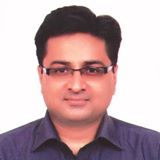
University of Delhi
Manoj Saxena is an Associate Professor in Department of Electronics, Deen Dayal Upadhyaya College, University of Delhi, New Delhi, India. He received B.Sc. (with honors), M. Sc., and Ph.D. degrees from the University of Delhi in 1998, 2000, and 2006 respectively. He has authored or coauthored 210 technical papers in international journals and various international and national conferences. His current research interests are in the areas of analytical modeling, design, and simulation of Optically controlled MESFET/MOSFET, silicon-on-nothing, insulated-shallow-extension, grooved/concave-gate MOSFETs, cylindrical gate MOSFET and Tunnel FET. He is a reviewer to many journals including Solid State Electronics, Journal of Physics: D Applied Physics and IEEE TED and EDL. Manoj is a Senior Member of IEEE and also Member of Institute of Physics (UK), Institution of Engineering and Technology (UK), National Academy of Sciences India (NASI) and International Association of Engineers (Hong Kong). Currently, he is the Secretary of EDS Delhi Chapter. For his voluntary contribution, Manoj received the outstanding EDS Volunteer recognition from EDS Chapters in the region in 2012.
Lecture Topics:
-Dielectric Pocket MOSFET: A Novel Device Architecture;
-Embedded Insulator based Novel Nanoscaled Novel MOSFET Structures Tunnel Field Effect Transistor and its Application as Highly Sensitive and Fast Biosensor
-Modeling and Simulation of Tunnel Field Effect Transistor Dual Material Junctionless Double Gate Transistor for Analog and Digital Performance
-Optimization of Asymmetric (Pi)π-Gate HEMT for Improved Reliability & Frequency Applications
- About EDS
- Mission, Vision and Field of Interest Statements
- Mission Fund
- Strategic Directions
- Governance
- EDS Constitution
- EDS Bylaws
- EDS Charters
- EDS Roster
- Governance Meeting
- Board of Governors & Officer Election
- ExCom
- BoG Elected Members-at-Large
- Standing Committees
- Awards Committee
- Communications Committee
- Educational Activities Committees
- Fellow Evaluations
- Finance Committee
- Humanitarian Committee
- Meetings Committee
- Membership Committee
- Newsletter Oversight Committee
- Nominations & Elections Committee
- Publications and Products Committee
- Regions & Chapters Committee
- Strategic Directions Committee
- Ad hoc Committees
- Publication Representatives
- IEEE Committee Representatives
- Past Presidents
- EDS Executive Office
- Volunteer Resources
- EDS Overview Slides
- EDS Humanitarian / Special Projects
- EDS Society Brief
- EDS 50th Anniversary Booklet
- 75th Anniversary of the Transistor
- Sitemap
- EDS Communications
